Since 2023, the “Partnership for Syunik: Improved Community Social Services” project has been operating in the Syunik region, aiming to form and develop sustainable community-based social services. The project is funded by the European Union and implemented by the People in Need NGO in partnership with the Winnet Goris Foundation and the Armenian Caritas NGO.
“Partnership for Syunik: Improved Community Social Services” project implemented in Syunik is part of the Resilient Syunik Team Europe initiative, which is the joint undertaking of the EU, the European Investment Bank, the European Bank for Reconstruction and Development, Austria, the Czech Republic, Estonia, Finland, France, Germany, Lithuania, the Netherlands, Poland, Sweden and Switzerland, joining as an external partner. The key goal of the initiative is to promote the sustainable socio-economic development of Syunik.
The project covers seven enlarged communities of Syunik – Tegh, Sisian, Meghri, Goris, Tatev, Kajaran, and Kapan. It is built on a simple yet fundamental principle: communities themselves identify their social needs, design appropriate services, and ensure the accessibility and continuity of those services. This approach rests on three key components: first, local communities define their priority social needs; then, local accredited organizations are engaged and trained to provide the necessary services. Finally, innovative service models are introduced and tested, with a focus on long-term sustainability beyond the project’s duration.
Community-based care
The sub-grant component is an integral part of the program’s toolkit, empowering communities to address their social needs by developing sustainable and inclusive services.
People in Need has provided grants to both community municipalities and local NGOs, enabling them to design, pilot, and implement new social services, which can later serve as a basis for expanding state-funded services.
Kristina Hovhannisyan, Project Manager at People in Need, noted that “the proposed model is based on multi-faceted cooperation – involving community, state, public sector, and sometimes also business. This is the most effective way to achieve systemic change.”
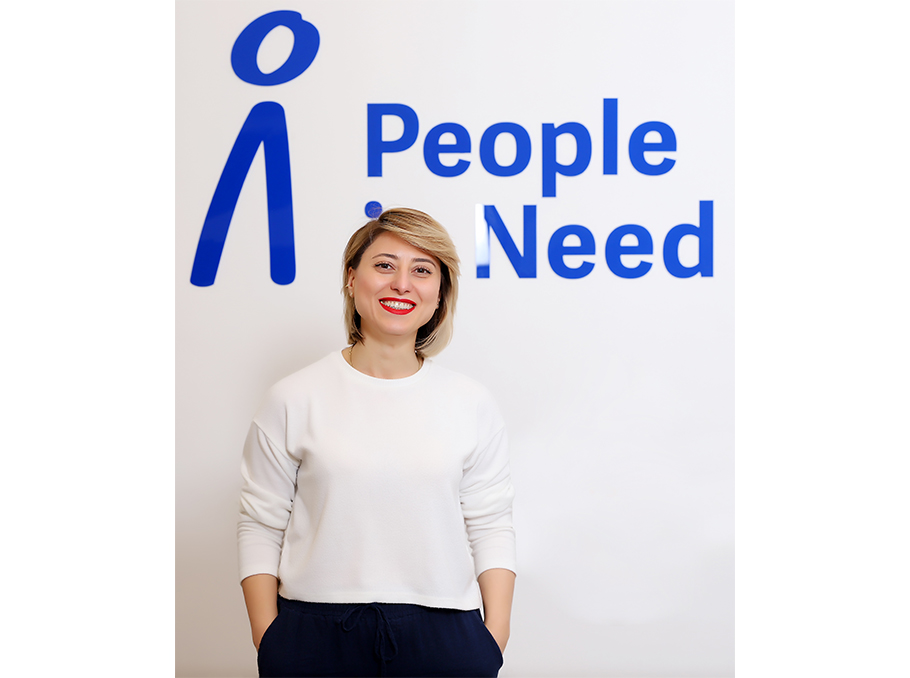 Kristina Hovhannisyan
Kristina Hovhannisyan Photo: Mediamax
With financial support from the project, communities across Syunik have launched or upgraded elderly care centres, social taxi transportation, inclusive child development hubs, family support centres, small-scale social enterprises and other need-based social services.
Transforming community mindset: From financial support to sustainable services
According to Anna Karapetyan, Deputy Head of Sisian Community, the project marks a cultural shift in how social support is approached. The previous benefit system is being replaced by targeted and sustainable social services provided by the community.
“This is a radical change in the community’s social protection system. Previously, this support was mainly in the form of cash benefits, while now we implement services based on a multi-faceted needs assessment,” emphasized Anna Karapetyan.
In Sisian, for example, a social taxi service has been launched for people with mobility difficulties. Offered free of charge, this targeted service ensures the transportation of vulnerable groups to medical, educational, and cultural institutions.
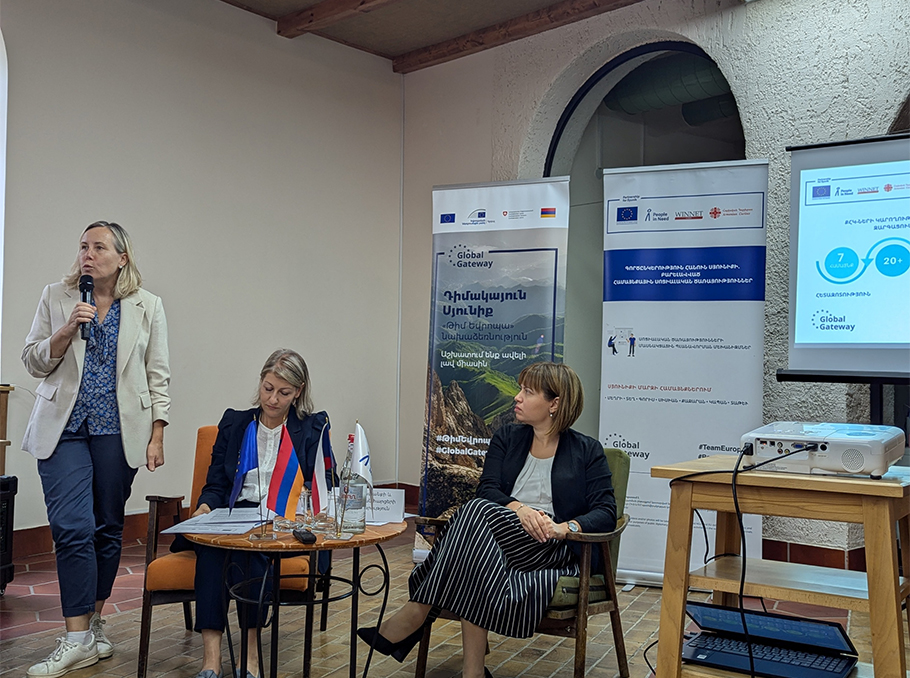
Photo: Shushanik Nersesyan
Within the framework of the project, a home adaptation service for children with disabilities is being implemented in the Sisian enlarged community by the Public Consultation and Research Centre NGO. This initiative focuses on improving the living conditions of children with disabilities who face difficult life circumstances – with an emphasis on accessibility and free movement.
In the Meghri community’s settlements of Lichq and Tashtun – both among the region’s most affected by population decline – the Community Development Path NGO has established daycare centres for the elderly. Here, they receive socio-psychological, rehabilitation services, consultations, communicate with each other, as well as meet with children from the community, sharing their experiences and life stories.
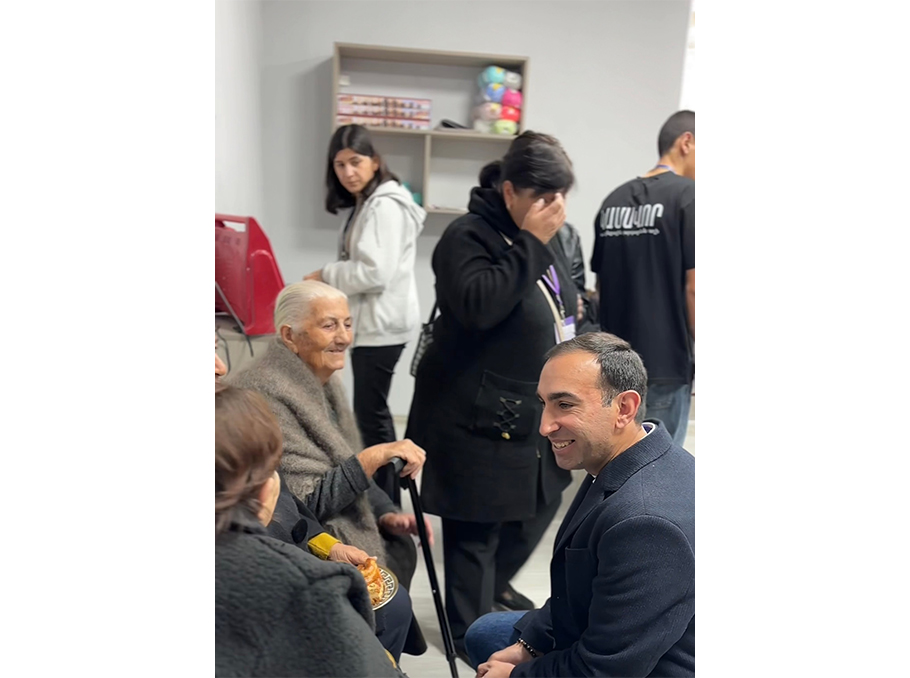 Artsrun Galstyan
Artsrun Galstyan Photo: Mediamax
“Our goal is to give the elderly in the community the opportunity to actively participate in community life, to ensure their dignified aging process,” said Artsrun Galstyan, President of the NGO.
The centres operate in areas provided by the Meghri Municipality and their activities will continue under the jurisdiction of the community after the project ends.
Social committees: The new driving force in the community
One of the most important achievements of the project is the formation of community social committees. These committees operate under the authority of community leaders and include all stakeholders: NGOs, municipal representatives, social and educational institutions, and members of vulnerable groups.
The committees are responsible for developing community social plans, designing services, and evaluating ideas. They discuss the relevance and needs of the programs, propose improvements, and seek financial support to enhance their implementation.
The formation of social committees coincided with broader systemic reforms in the social sector, particularly the amendment to the Law on Social Assistance. These developments have helped shift community mind-sets – moving away from a focus on monetary aid toward the delivery of sustainable social services.
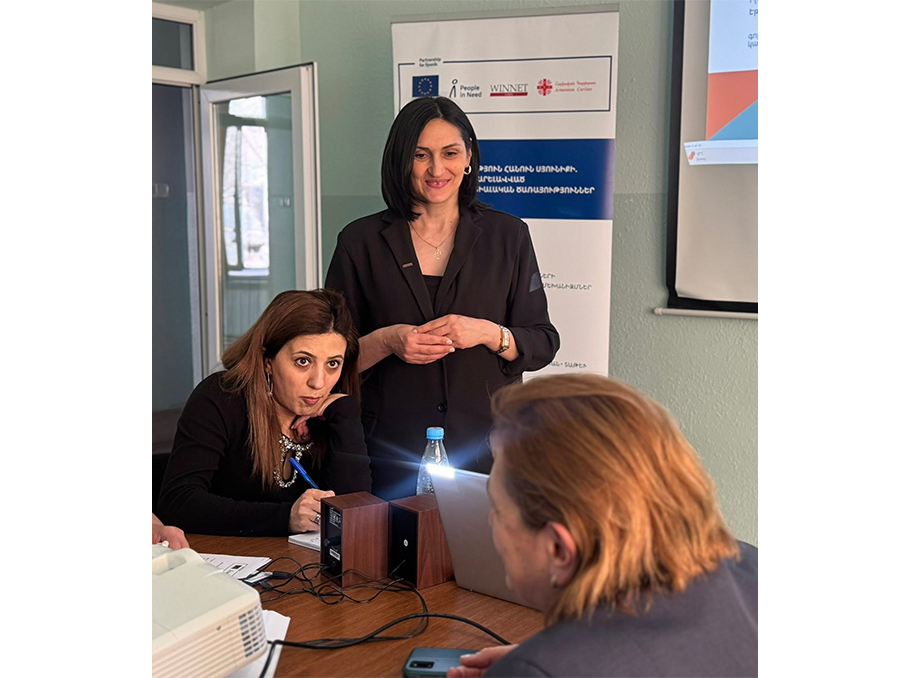 Anna Danielyan
Anna Danielyan Photo: Mediamax
“Previously, social committees in these communities were mainly engaged in providing cash assistance, but since the adoption of Armenia’s new Law on Social Assistance, local governments can no longer provide direct financial aid. The new committees were formed with a different logic: not to offer money, but to offer community social services,” said Anna Danielyan, Project Manager at the Winnet Goris Foundation, adding that in the past if a resident needed to travel for medical treatment, the community allocated 30,000 drams to cover the cost, now the same problem is solved in a different way. Within the framework of local community social programs developed by the committees, a social taxi service is organized, which transports citizens to a medical institution free of charge.
According to Anna Danielyan, the process of establishing the committees was not always straightforward. In smaller communities, challenges often emerged around ensuring active participation and a sense of responsibility. The committees operated independently of government structures, and the culture of civic participation was just beginning to take root.
“Not all communities were ready for this model. Some lacked trust in the process, while others were hesitant to make long-term commitments. But through sustained capacity building, people gradually came to believe in their ability to make a real impact,” she added.
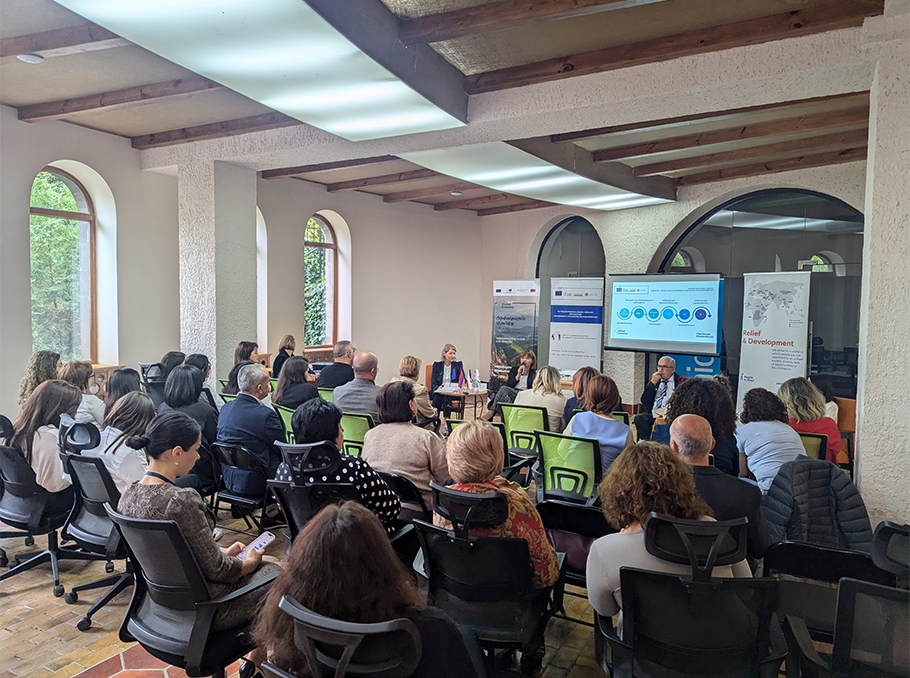
Photo: Shushanik Nersesyan
Challenges also emerged in coordinating among various stakeholder structures, defining roles and responsibilities, and ensuring the free flow of information. Yet without mutual trust, building a stable and effective social system is simply not possible. Thanks to long-term efforts, these committees have now become key pillars of community-level social governance. They not only foster citizen engagement and strengthen trust in local authorities, but also help ensure more targeted and effective services for vulnerable groups.
Trainings are regularly organized for committee members on community mobilization, the new Armenian Law on Social Assistance, development of local social programs, as well as fundraising skills. The capacity-building process enables them not only to have a clearer picture of their functions, but also to assume an initiative and coordinating role in the community.
The capacity-building process for social committees has had a significant positive impact overall. Communities are starting to rethink the importance of addressing social issues and increasingly see the committees not as merely formal entities, but as vital support structures that identify and respond to the community’s real needs.
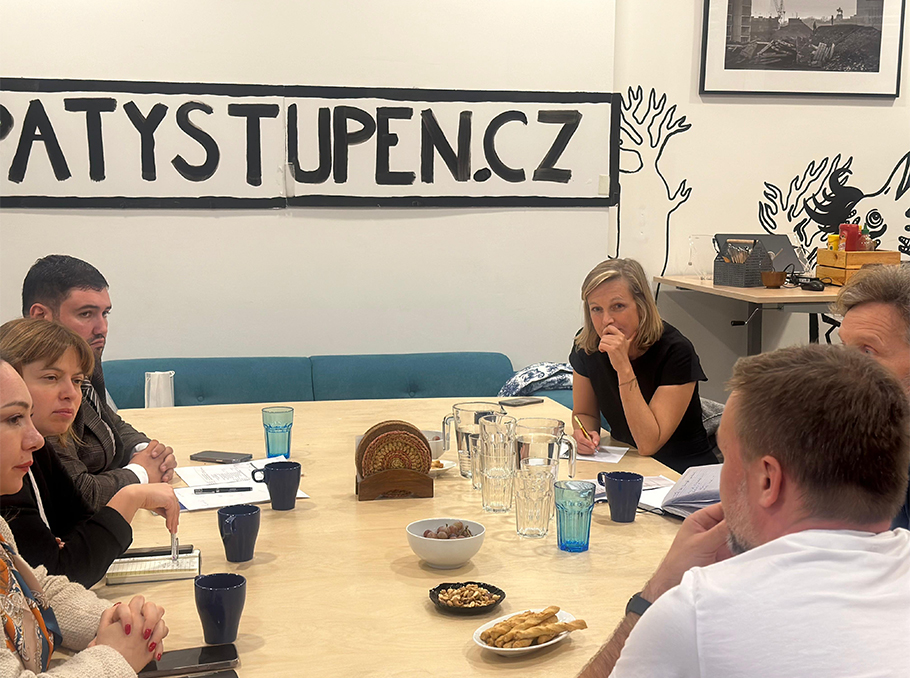
As part of the project, a study visit to Estonia was also organized for the committee members, where they learned about the social protection system of that country and are now trying to localize some approaches in their communities. A study visit was also organized for representatives of the Armenian Ministry of Labour and Social Affairs to learn about the experience of the social sector in the Czech Republic.
“Our goal is to continue improving this environment, strengthen the connections between all stakeholders, and foster a collaborative culture where social support is seen as a shared responsibility,” noted Anna Danielyan.
Despite on-going challenges, the committees continue to play a crucial role in need-based decision-making.
The project will continue until 2026. During this period, People in Need will support the Ministry of Labour and Social Affairs in implementing localized reforms. NGOs are involved not only in service delivery but also in policy development, advocacy, and research processes.
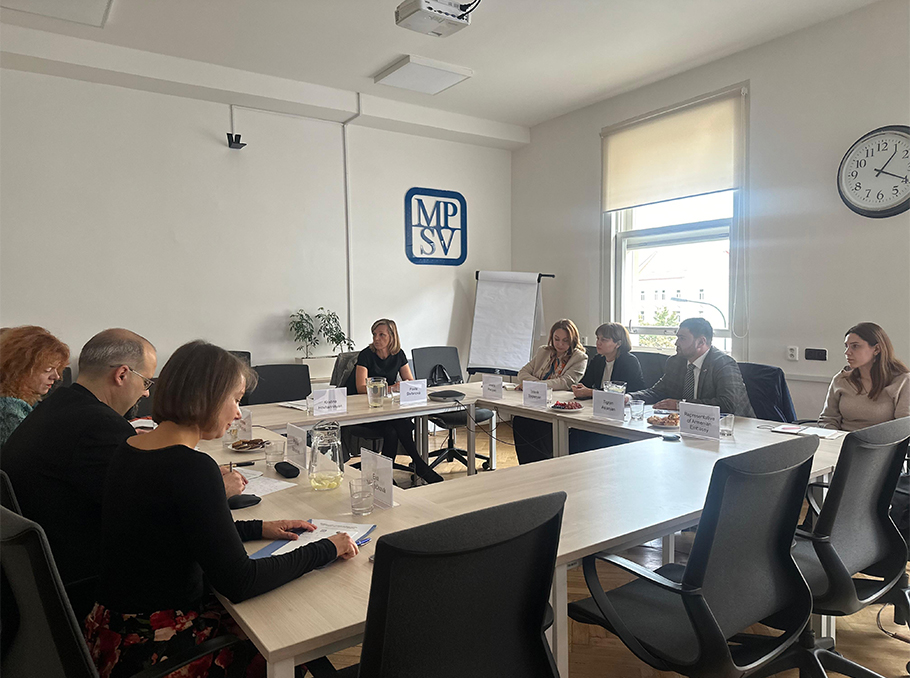
The goal of the project is not only to improve the current situation but also to lay the foundation for a new model of social services rooted in dignity, inclusion, and long-term sustainability.
Reliable presence of local organizations in communities
Local NGOs have played a vital role in the program, not only by implementing pilot models but also by fostering a culture of trusted partnerships within communities. These organizations have participated not only as service providers but also as active collaborators in reforms, working closely with local governments, state agencies, and beneficiaries. Notably, several local NGOs have already been accredited as official providers of community-based social services.
Accreditation of local NGOs enables them not only to continue their work beyond the program’s duration but also to become integral parts of the long-term strategies of both the state and local governments. During this period, the Partnership and Training, the Partnership Arch, and the New Generation of Goris NGOs have been accredited to provide care services for children, the elderly, and people with disabilities.
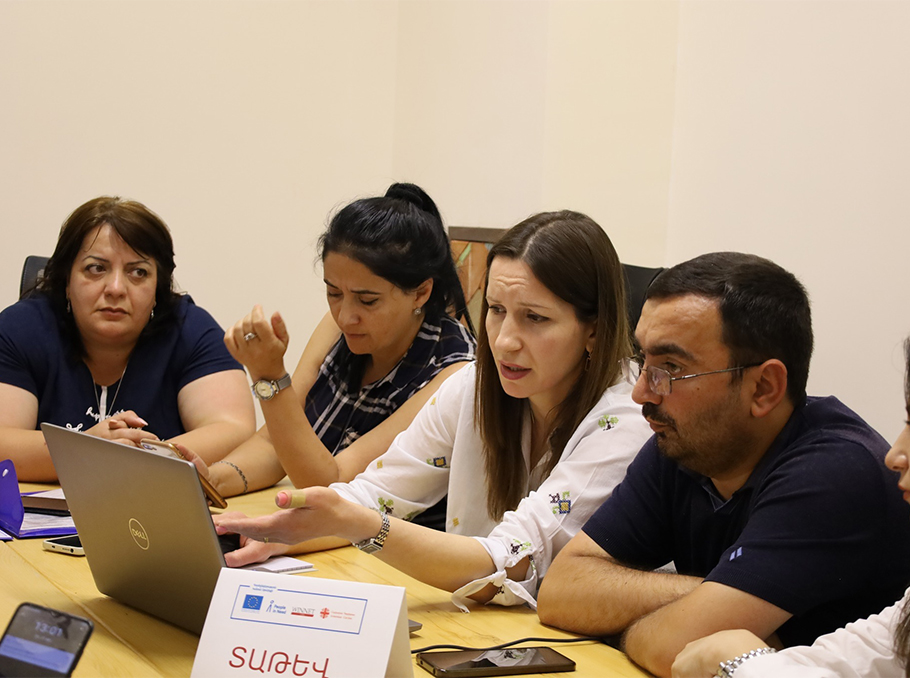
Photo: Mediamax
These services were initially piloted with project funding, and they have now secured state co-financing in the expanded communities of Tegh, Tatev, and Goris. This not only reflects the success of the program but also demonstrates the sustainability that can be achieved when communities and local NGOs collaborate to develop solutions tailored to local needs.
These examples demonstrate that communities are increasingly prioritizing the development of accessible and inclusive services over direct cash assistance. Consequently, a new approach is emerging – one where local initiative, professional expertise, and systemic support come together to drive meaningful reform in social protection.
Anahit Baghdasaryan
“The Resilient Syunik Team Europe” initiative is the joint undertaking of the European Union, the European Investment Bank, the European Bank for Reconstruction and Development, EU Member states - Austria, Czechia, Estonia, Finland, France, Germany, Lithuania, the Netherlands, Poland, Sweden, and Switzerland also joining as an external partner. The initiative aims to contribute to the sustainable socio-economic development of the Syunik region.
This article was published with the financial support of the European Union. Its content is the sole responsibility of Mediamax and does not necessarily reflect the views of the European Union.







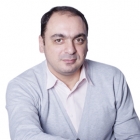
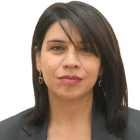
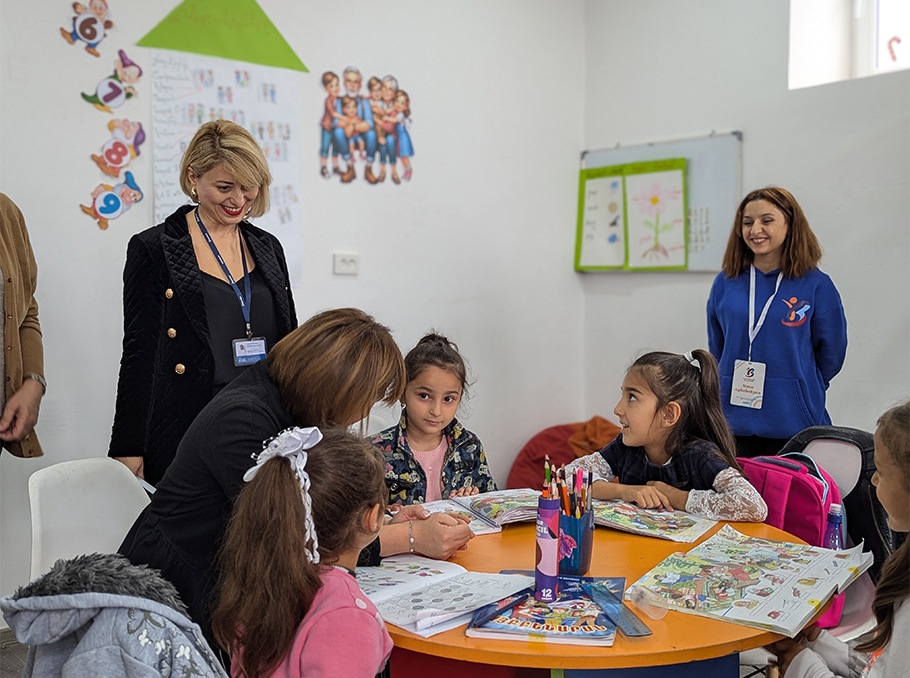

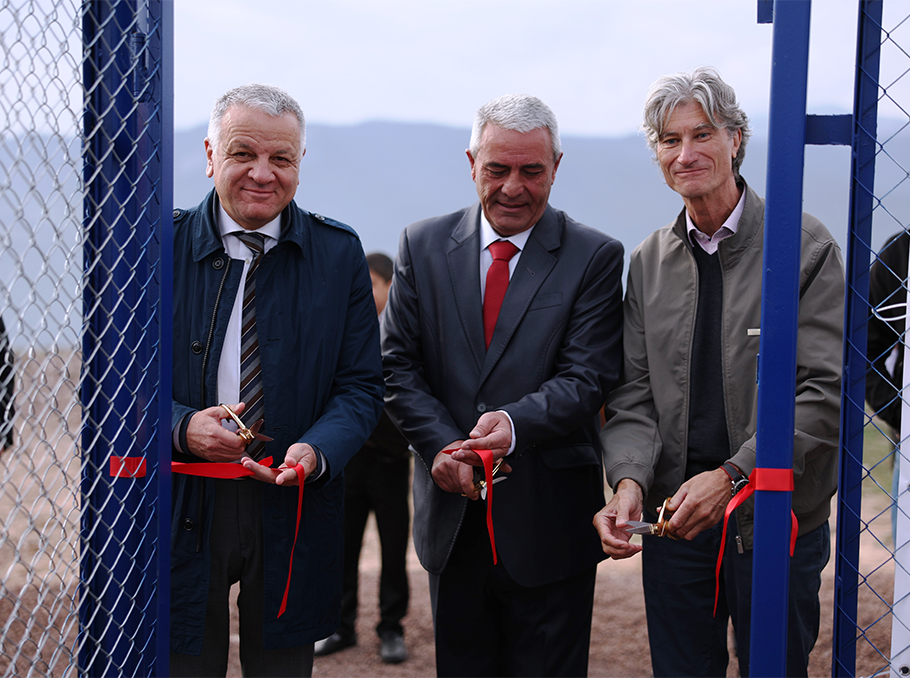
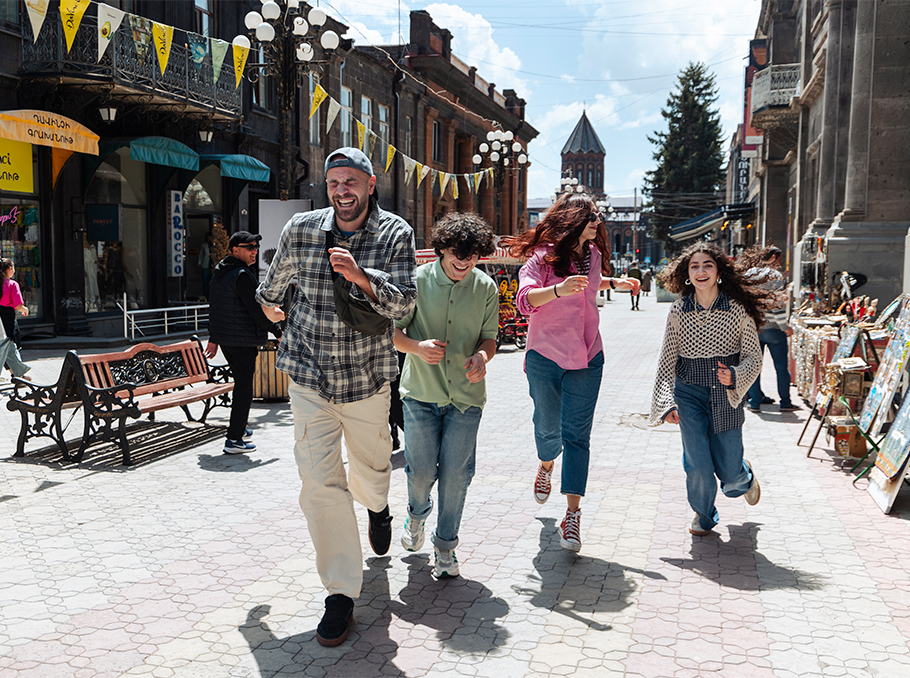
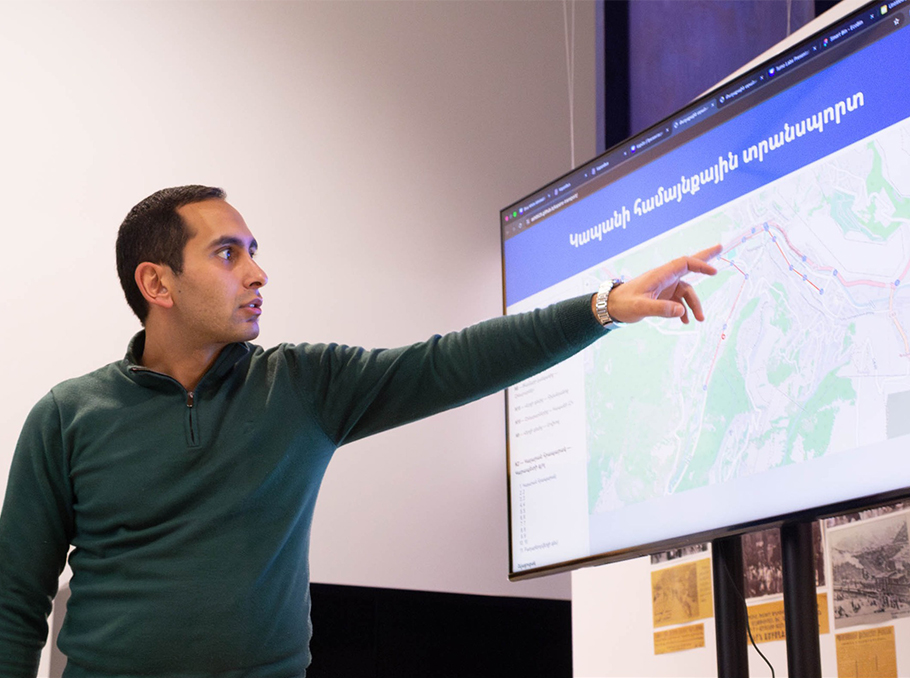
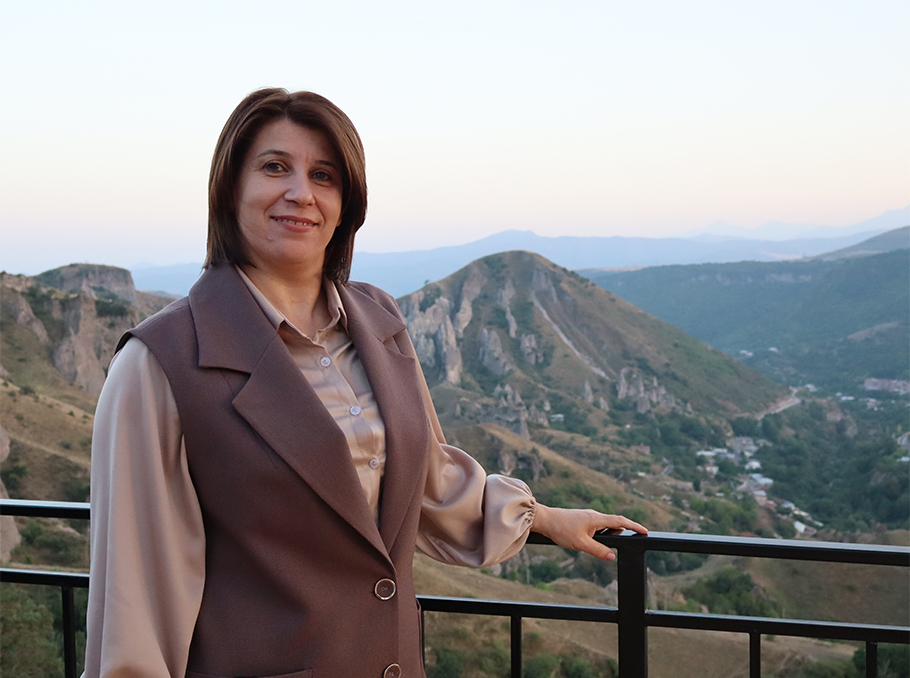
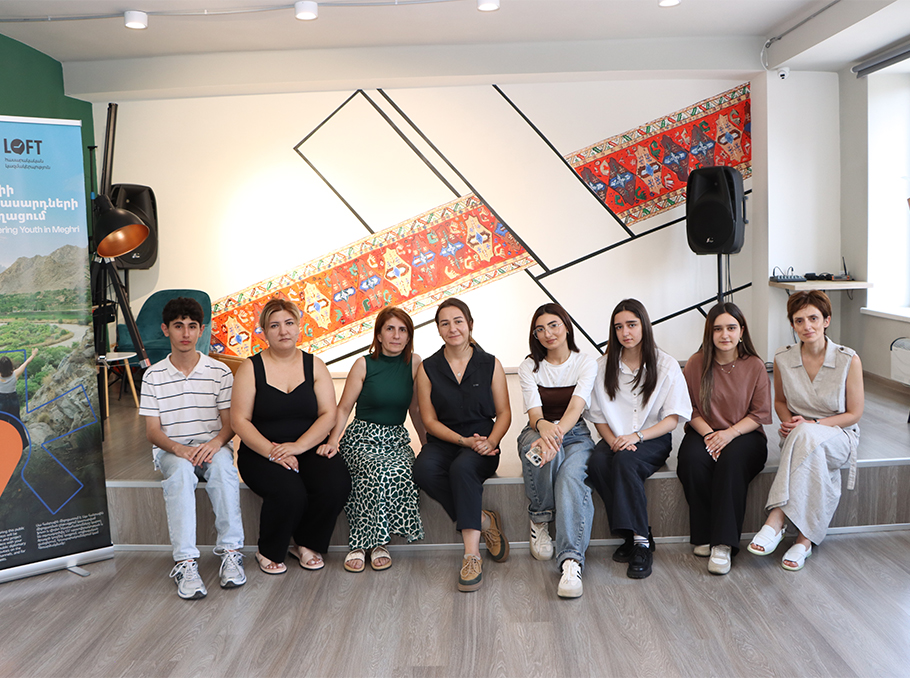







Comments
Dear visitors, You can place your opinion on the material using your Facebook account. Please, be polite and follow our simple rules: you are not allowed to make off - topic comments, place advertisements, use abusive and filthy language. The editorial staff reserves the right to moderate and delete comments in case of breach of the rules.